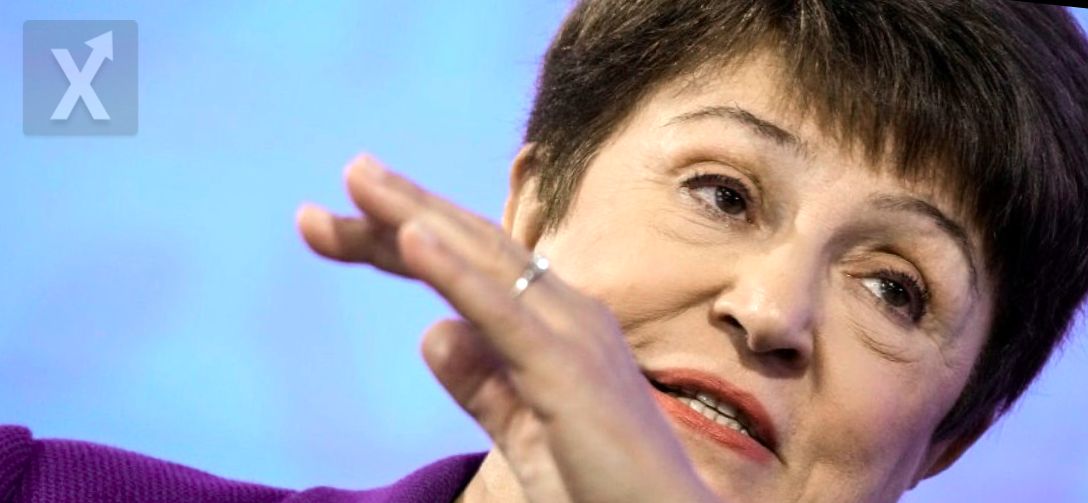The IMF Forecasts Weak Growth for the Global Economy in the Near Future

(WASHINGTON) - The latest projections from the International Monetary Fund (IMF) indicate that the outlook for the global economy will be challenging, with modest growth in the medium term amid rising trade tensions and high levels of debt, IMF Managing Director Kristalina Georgieva said on Thursday. In her speech ahead of next week's annual meetings of the IMF and the World Bank, Georgieva outlined a concerning scenario but noted that there are still many actions that can be taken to stimulate growth, reduce debt, and build more resilient economies.
She warned about the persistence of high prices that disproportionately affect low-income individuals and mentioned the risk that escalating conflicts in the Middle East could destabilize the region's economies and global commodity markets. She also expressed concern about the increase in military spending, which diverts resources from other priorities, including assistance to developing countries. Georgieva highlighted that the rise of protectionism and trade restrictions is fragmenting the global economy, impacting trade growth and "throwing cold water on an already weak global economy." This month, Georgieva began her second five-year term. However, she pointed out some positive aspects, such as the decrease in global inflation and a return to price stability, along with an orderly cooling of labor markets in the U.S. and Europe. She stated that the United States was not in recession, despite the Federal Reserve starting to cut interest rates, which has led to declines in recent adjustment cycles; moreover, unemployment figures are expected to remain relatively low. "Our assessment suggests a relentless mix of low growth and high debt, which presents a complicated future," Georgieva emphasized. She added that growth will not be sufficient to eradicate global poverty, create the necessary number of jobs, or generate the tax revenues needed to address the heavy debt burden and fund investments. The high and rising public debt further complicates the future, Georgieva noted, underscoring that a "severe but possible" adverse scenario could raise the debt by 20 percentage points of gross domestic product (GDP) compared to its current projection.
This implies that governments will have to make tough decisions about how to allocate funds, facing even bigger challenges in emerging economies. To turn this situation around and foster growth, countries must reduce their debt, bolster their reserves to face upcoming crises, cut spending, and increase productivity. International cooperation is more crucial than ever, she emphasized, highlighting the current trade challenges, the unexpected rapidity of climate change, and the accelerated growth of artificial intelligence technology, which requires the establishment of ethical codes and global regulations.
This IMF analysis highlights the urgent need for countries to reassess themselves and act strategically to avoid falling into a prolonged crisis situation. With a global economy facing significant risks, it is essential to prioritize policies that promote sustainable development and encourage productive investment to create a more prosperous future for all.






